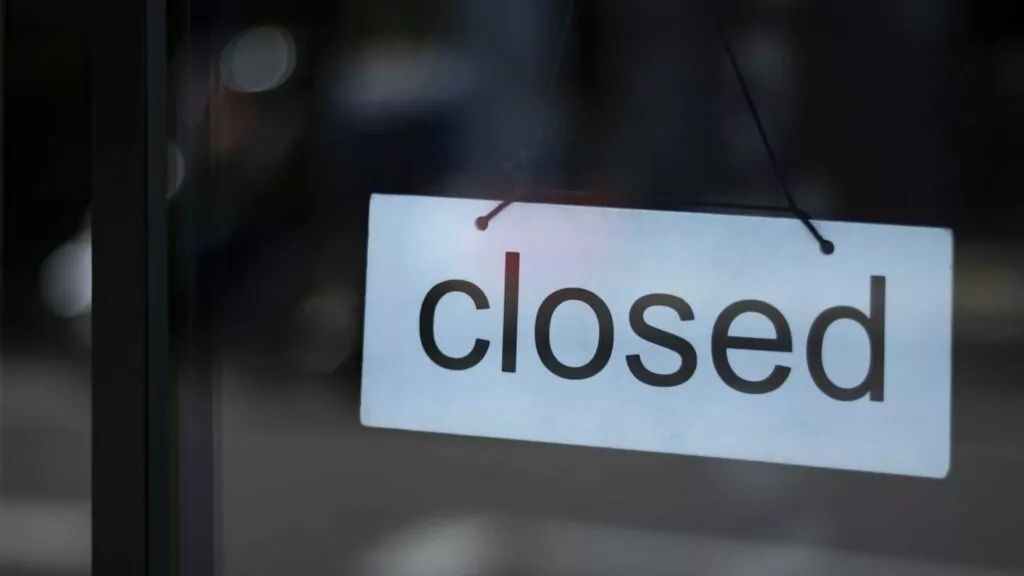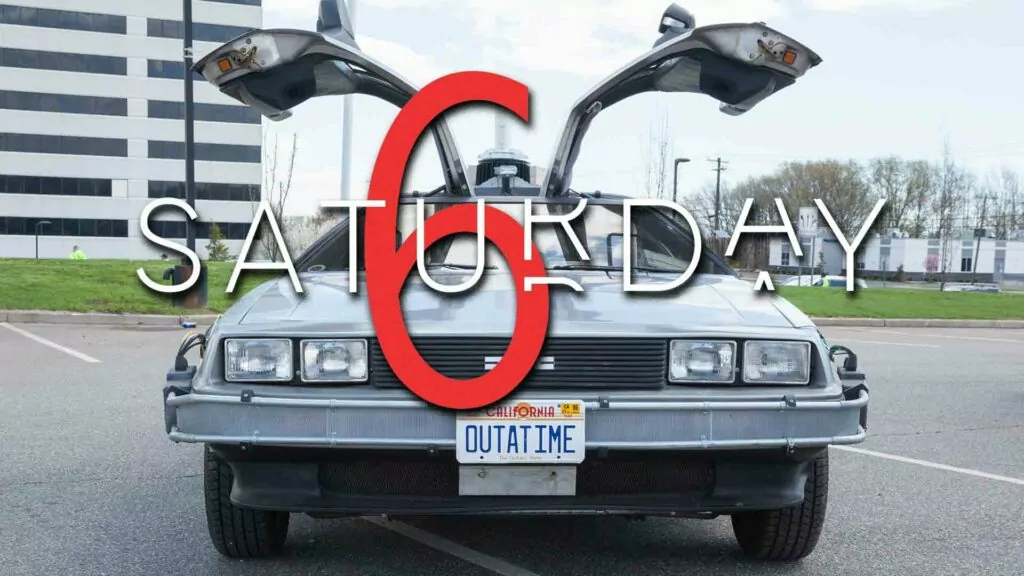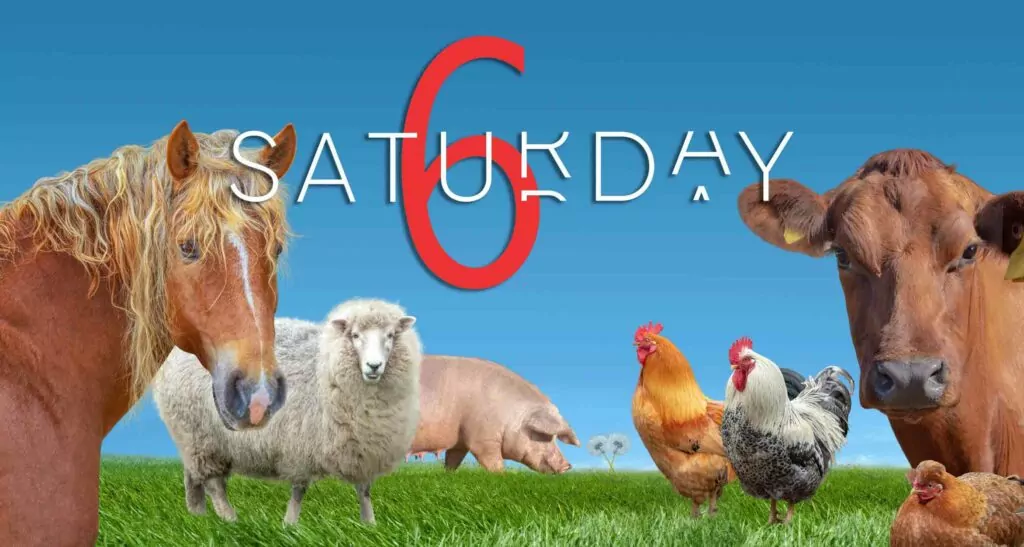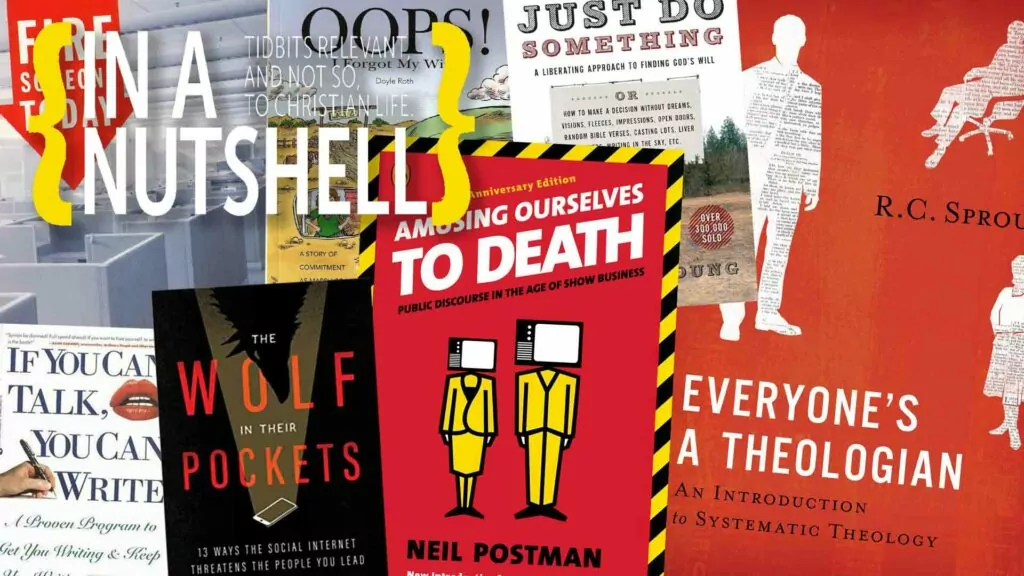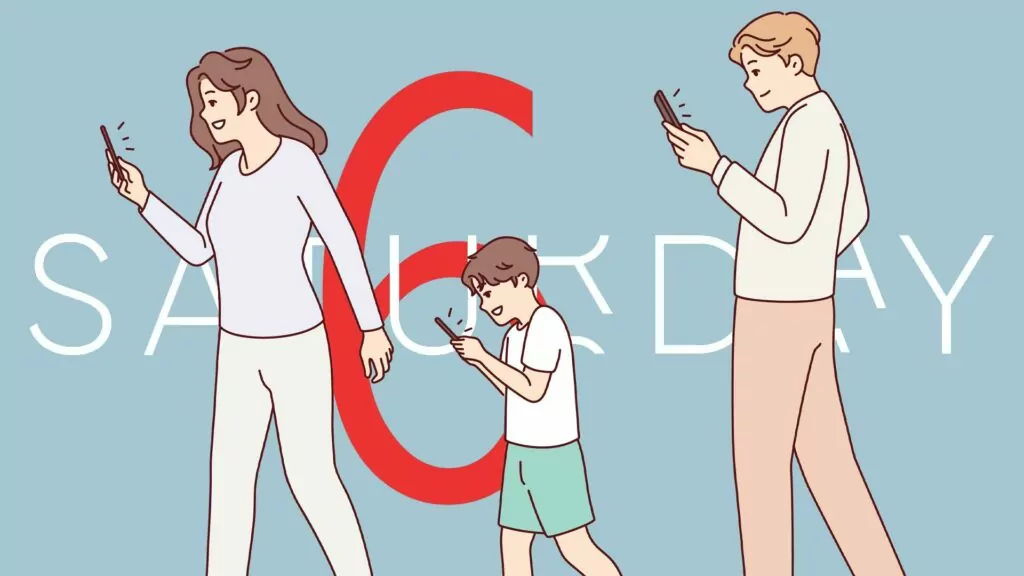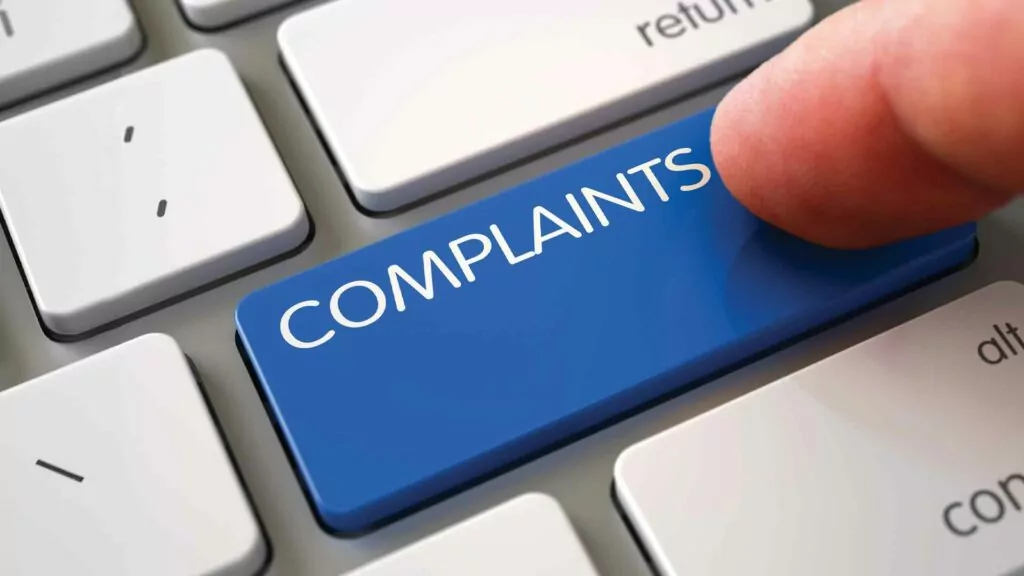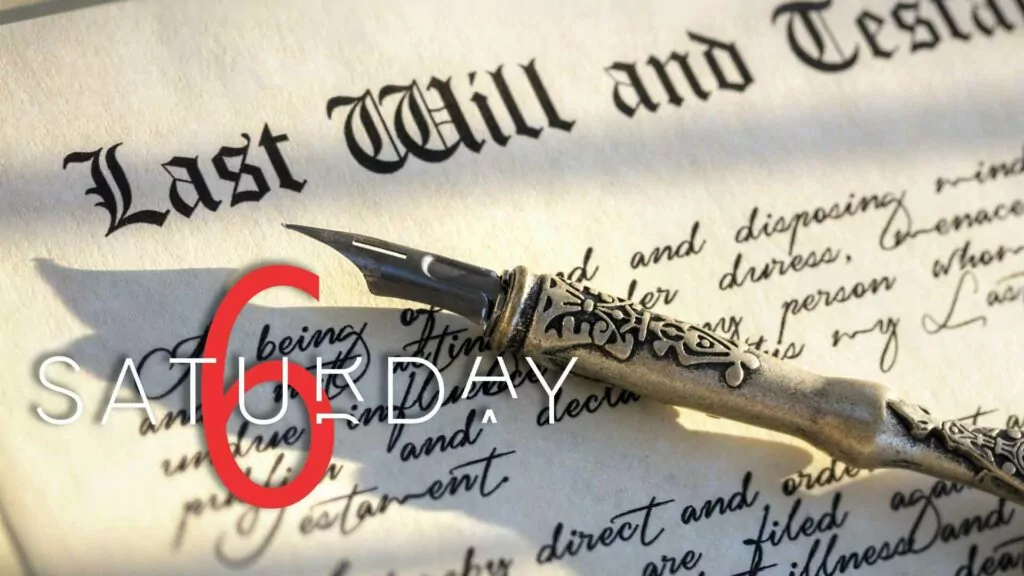
Science - Creation/Evolution
My dog ate the evidence for evolution
3 evolutionary theories that are based on the lack of evidence for evolution
*****
There are plenty of great, readable books that expose the many problems with evolutionary theory. These include Gordon Wilson’s Darwin’s Sandcastle, Change Laura Tan and Rob Stadler’s The Stairway to Life, and Marcos Eberlin’s Foresight: How the Chemistry of Life Reveals Planning and Purpose (just to name a few).
But what about something shorter? My daughter is sometimes allowed to take a notecard full of key facts with her into a test. That’s what I was looking for: not a book-sized rebuttal, but something short enough to remember and use.
That meant it couldn’t involve stacks of studies and countless facts to counter the evolutionists’ mountain of materials. Those facts can be had, and include revealing quotes, like this infamous admission by one of the world’s leading evolutionary biologists, Richard Lewontin (1929-2021). Back in 1997 he acknowledged that it wasn’t the evidence that drove evolutionists to accept evolution, but their ideology:
“Our willingness to accept scientific claims that are against common sense is the key to an understanding of the real struggle between science and the supernatural. We take the side of science in spite of the patent absurdity of some of its constructs, in spite of its failure to fulfill many of its extravagant promises of health and life, in spite of the tolerance of the scientific community for unsubstantiated just-so stories, because we have a prior commitment, a commitment to materialism.
“It is not that the methods and institutions of science somehow compel us to accept a material explanation of the phenomenal world, but, on the contrary, that we are forced by our a priori adherence to material causes to create an apparatus of investigation and a set of concepts that produce material explanations, no matter how counter-intuitive, no matter how mystifying to the uninitiated. Moreover, that materialism is absolute, for we cannot allow a Divine Foot in the door.”
As impressive as that admission is, it’s just one guy. I was after something bigger, and also simpler – an argument where, even if I didn’t recall all the details, I might still be able to recall and relay the gist of it.
What I found are three instances where evolutionists have accidentally acknowledged the lack of evidence for their theory. That acknowledgement comes, not from anything they’ve said, but instead by the “sub theories” they’ve offered to explain away the missing evidence. And what’s the evidence for these “sub theories”? Only that Evolution needs them to be true.
This is akin to the student who, to explain why he hasn’t handed in his homework, claims his dog ate it, and when he’s asked for proof that his dog did indeed chow down on the assignment, he points to what’s missing: “My dog must have eaten it, because my homework’s not here, right?”
As his teacher knows, the missing paper isn’t proof at all; the boy is simply presuming the very thing – that he actually wrote a paper – he was being asked to prove. And when he resorts to this kind of logical contortions, all it really evidences is that he has nothing better to offer.
I think the same is true in the three evolutionary examples that follow. The most compelling evidence on offer is only the lengths evolutionists are willing to go to, to prop up their theory.
Two pillars
When it comes to the Theory of Evolution we all know the basics: once there was no life on this planet, but then simple cells formed in the primordial soup. After millions of years, and through the process of natural selection, these simple cells eventually spawned more complex cells and even more complex organisms, until finally we arrived. Greg Koukl has called this the “Molecule to Man Hypothesis.”
And as Koukl also noted, if we’re going to take this nice story seriously, then evolutionists would have to prove two key things:
1) That life can come from non-life
2) That transitions from one kind to another do happen.
These two ideas are so pivotal to evolutionary theory that if they can’t both be proven, then Evolution wouldn’t have a leg to stand on.
1. Life from non-life
 The Stanley Miller experiment (also known as the Miller-Urey experiment) consisted of a closed system with tubes connecting a heated water (ocean) chamber down below, with a gaseous chamber above, with sparks simulating early Earth lightning.
The Stanley Miller experiment (also known as the Miller-Urey experiment) consisted of a closed system with tubes connecting a heated water (ocean) chamber down below, with a gaseous chamber above, with sparks simulating early Earth lightning.
One of the problems with the Stanley Miller experiment is that it turns out amino acids come in left-hand and right-hand varieties – mirror images of each other – and the experiment produced equal quantities of each.
But our bodies don’t use both. Living creatures use the left-hand sort, and just as you can’t fit your right hand into a left glove, the cell can’t use right-handed amino acids – they aren’t a good fit. In fact, their presence can harm cells, and at a minimum, they would need to be sifted out. That means, even before the first cell ever formed, there would need to be some sort of mechanism present which could separate the righties from the lefties. That separation can be done in a lab through intelligent intervention. But who or what could do the selecting on early Earth after that lightning bolt blasts out that first batch of amino acids? Cells don’t exist yet, so there are no cellular mechanisms present to do the separating – there’s nothing in place. It’d be more accurate to say the Stanley Miller experiment didn’t produce building blocks of life so much as a muddled mess.
The idea that life came from non-life used to be known as Spontaneous Generation. Maggots, it was thought, were spontaneously formed in dead rotting meat, and many believed that mice and flies were formed the same way. After a bit of investigation this was shown to be untrue.
Today the idea persists under a different name: Abiogenesis (literally life from not life). Everyone knows maggots could never spontaneously form from non-living matter, but what if the organisms being formed were much simpler? What if it was only a single cell? And what if we gave it millions and millions of years to develop? Could it happen then?
Well, if you read the scientific literature you’ll hear that yes, under those circumstances abiogenesis could happen, and indeed did happen. However, even though scientists are very sure it happened, even they’ll admit they haven’t worked out exactly how it happened.
But isn’t evolution supposed to explain the “how” part?
To be fair, they do have a variety of interesting ideas, but all of their proposals have serious problems.
Let’s take a look at the best-known example – the Stanley Miller experiment in 1953. Though it happened 70 years ago, this experiment is still getting in the news today, because it was so influential. For decade upon decade the experiment has been cited in textbooks as proof that life could arise through a series of random chemical reactions. It’s so pivotal, that many a time it is presented as the proof for life from non-life, with no others given.
So what happened in the experiment? Miller subjected a mixture of chemicals to an electric spark. The mixture of chemicals was supposed to mimic Earth’s early atmosphere and the electric spark was supposed to represent lightening.
A week later, Miller discovered that some amino acids had been formed, which was significant because amino acids are a vital component of living cells. It should be noted though, that amino acids are not living themselves, but are merely a necessary component of cells. So they are a basic building block of life in much the same way that steel is a necessary building block for cars. These amino acids were presented as proof that life could arise from random chemical interactions.
Consider for a moment how overstated this claim was. Miller hadn’t shown how life could be created from non-life, he had only shown how one necessary component might be formed. Going back to the car analogy, this is akin to someone zapping a rock of particularly pure ore and then declaring that the puddling blob of molten metal that results proves a car could come about by chance.
Overstatement aside, there were other significant problems with the experiment and its results. For example, at one point many evolutionists thought that Earth’s early atmosphere was in some ways the opposite of what we have today: they believed back then it was hydrogen rich and lacking oxygen. Why? Well, at least in part because they needed it to be that way; oxygen would have interfered with the chemical reactions that they needed. And yes, to work, Miller’s experiment required a lot of hydrogen and absolutely no oxygen.
But today even evolutionists will concede that our environment has always had oxygen in it. And that means that the amino acids could never have formed here on Earth via anything remotely resembling Miller’s method.
The fix: extraterrestrial life from non-life
So here’s where things get interesting. Put yourself into the shoes of an atheistic scientist who knows that Abiogenesis couldn’t have happened here on Earth. What “logical” conclusion will he be forced to draw? That’s right – life must have originated on some other planet first, and then come to Earth!
This idea is known as Panspermia and while it’s not evolutionists’ consensus position, that it is seriously discussed at all only emphasizes the problem that evolutionists have with life arising here on Earth.
The only “evidence” for Panspermia is that life exists here on Earth and it seems impossible for it to have started via evolutionary processes on Earth… therefore it must have started elsewhere. So Panspermia – this theory of an extraterrestrial origin for life – is actually an acknowledgement that evolutionists can’t explain how life could have arisen on Earth.
2. Transitions from one kind to another
Things don’t get any easier for evolutionists when it comes to transitional forms. Evolutionary theory says that molecules evolved into man over millions of years and via millions of tiny changes. So when we start searching through the fossil record we should come across literally millions of transitional forms as one species turned into an entirely new one.
Now, depending on which side of the creation/evolution debate you are talking to, the fossil record either doesn’t provide any examples of these transitional forms, or there are museums’ worth of such fossils. The Archaeopteryx has often been mentioned as a transition between dinosaurs and birds, and you can go to Creation.com or AnswersInGenesis.org, to learn about how it and other supposed transitional forms fails as a true transition.
(The short summary: if birds evolved from dinosaurs or reptiles, then feathers must have evolved from scales and their wings must have evolved from arms. The Archaeopteryx has true wings and detailed advanced feathers, similar to those of bird species today. It only seems fair that when evolutionists are asked for transitional forms between reptiles and birds they should have to produce the half feather, half scale versions – the true transitional forms. The Archaeopteryx is at best a questionable example of an intermediary stage.)
But what I want to highlight is the kind of argument evolutionists have to resort to if they acknowledge that there aren’t good examples of transitions. How would they explain away that lack of evidence?
The fix: transitions few and far between
Well, if someone absolutely refuses to believe in Creation, what “logical” conclusion will they be forced to come to? Then evolution must have happened in quick spurts, leaving few evidences of transitions in the fossil record!
This theory is called Punctuated Equilibrium and was first proposed by Stephen Jay Gould and Niles Eldredge in 1972. Again, this theory is not based on the evidence, but rather the lack of it: we’re missing the transitional forms that would be needed to prove Evolution, but since Evolution must be true – that presumption is beyond question – then Evolution must not need transitional forms all that badly after all.
Punctuated Equilibrium is an acknowledgement that evolutionists don’t have the abundance of transitional forms they expected to find. It’s also worth noting that until Gould and Eldredge, the lack of transitional forms was not really acknowledged. As Gould put it in 1977, “The extreme rarity of transitional forms in the fossil record persists as the trade secret of palaeontology.” Creationists were pointing out the lack of transitional forms long before Gould and Eldredge…but secular scientists don’t listen to creationists.
3. The Anthropic Principle
At this point we should see the beginnings of a pattern in the Evolution/Creation debate. And the Anthropic Principle only makes that pattern all the more evident.
The phrase “Anthropic Principle” was first coined to describe the amazing way in which our universe seemed to be designed specifically for human life. For us to live here on Earth it seems we need physical constants, laws, and properties to fall within certain narrow ranges. In Designer Universe: Intelligent Design and the Existence of God, authors Jimmy H. Davis and Harry L. Poe give these three examples:
- Protons and electrons have to have just the right charge. Atoms are composed of two charged particles: a positively charged proton and a negatively charged electron. The proton is 1,836 times larger than the electron and yet these two particles have exactly equal charges. If the two charges weren’t exactly equal in magnitude, if say, there was a charge difference of only one part per billion, all the pieces of your body would fly apart.
- Our Sun has to be just the right type of star. The Sun is not a typical star, being bigger than 95 per cent of all other stars. These smaller stars aren’t as hot so a planet would have to orbit much closer to stay warm enough. But at closer distances the rotation of a planet becomes locked so that one side always faces the star. This would cause one side of the planet to freeze and the other side to burn (sort of like our moon, or like Mercury). Additionally, our sun is a single star. 70 percent of stars are estimated to be binary or multiple star systems. It is hard to imagine how habitable planets could exist in such systems.
- Jupiter is just what we need, just where we need it. Jupiter turns out to be in just the right orbit and the right distance away to protect Earth from bombardment by killer asteroids or comets. Jupiter’s large size and high gravity makes it act as an asteroid and comet catcher. Some other stars have Jupiter-like planets orbiting them, but in most cases they are either in the wrong orbit, or are too near the sun, or may be spiraling inward toward the sun. While our Jupiter is necessary for life on Earth all the other “Jupiters” detected so far would prevent life from living in those systems.
These are just a few examples of the anthropic (man-centered) nature of our universe. When you add all the factors together that would have to be just so for life to exist in our universe it turns out the odds against life are astronomical. The odds are so amazing even evolutionists are astounded. This makes the Anthropic Principle a powerful piece of evidence for a universe Designer.
The fix: An infinite multiverse
But imagine you are an atheist and evolutionary scientist who has been confronted with the Anthropic Principle and the astronomical odds against life in this universe. What logical conclusion are you going to be forced to draw if you want to remain an atheist? That’s right – if the odds are infinitely stacked against life in any one universe, wouldn’t the odds even out considerably if there was an infinite number of universes? This universe would then just happen to be that one universe in a million billion where the odds all worked out in our favor.
This multiverse theory has become a staple in Star Trek and Marvel superhero movies, but once again there is no actual evidence for it. None at all. It’s another evolutionary story used to fill in for a lack of evidence. Thus the Multiverse Theory is an acknowledgment of just how implausible it is that an undesigned universe would be so well-suited for life.

One last example
I'll include one bonus example of an evolutionary theory based on a lack of evidence: the Oort Cloud. This is a theorized cloud of icy planetesimals that are said to be on the outer fringes of our Solar System.
This cloud is beyond the limits of our current observational technology, so how do we know it is there? Because evolutionists need it to be. We still have comets, and if our Solar System is 4.6 billion years old, as the evolutionists presume, then any icy comets passing around the Sun should long ago have melted away. So, the continuing existence of comets would seem to be evidence of a Solar System that is much much younger – just thousands, not billions of years old.. But, no, evolutionists see them instead as evidence of a comet breeding ground way, way out there, where billions of icy chunks will sometimes bump into each other in just such a fashion as to direct an ice ball inward towards the Sun, starting a new comet. So the evidence for the Oort Cloud is lacking, and based only on the fact that evolution needs it to exist.
Conclusion
I haven’t tried here to provide facts to counter the evidence for evolution. Instead what we’ve explored is how evolutionists themselves have highlighted the lack of evidence for their theory by coming up with theories to explain away that lack.
Evolution’s two pillars – life from non-life, and species’ transition to new species – were supposed to have lots of proof to back them up. But evolutionists have had to come up with “sub theories” – Panspermia and Punctuated Equilibrium – to explain why that proof is missing. And these sub theories are themselves supported, not by evidence, but by the lack of it.
When Christian scientists pointed out the amazing odds against a universe supporting life, evolutionists answered this evidence with another unsupported story – the Multiple Universe Theory. Finally, the Oort Cloud is yet another example of evolutionists, instead of relying on evidence, turning to stories that already assume Evolution is true.
Reflection questions
- What are the two pillars of evolution?
- Explain "Abiogensis." Is it possible?
- Explain "Panspermia." What does the theory of Panspermia show?
- What problem is there with the theory of transitional forms?
- What is meant with "Punctuated Equilibrium”? Why have evolutionists come up with the idea?
- What is the "Anthropic (man-centered) Principle”?
- What is the "Multiple Universe Theory"?
A version of this article was first published in the January 2003 issue under the title “The Science is underwhelming.”










